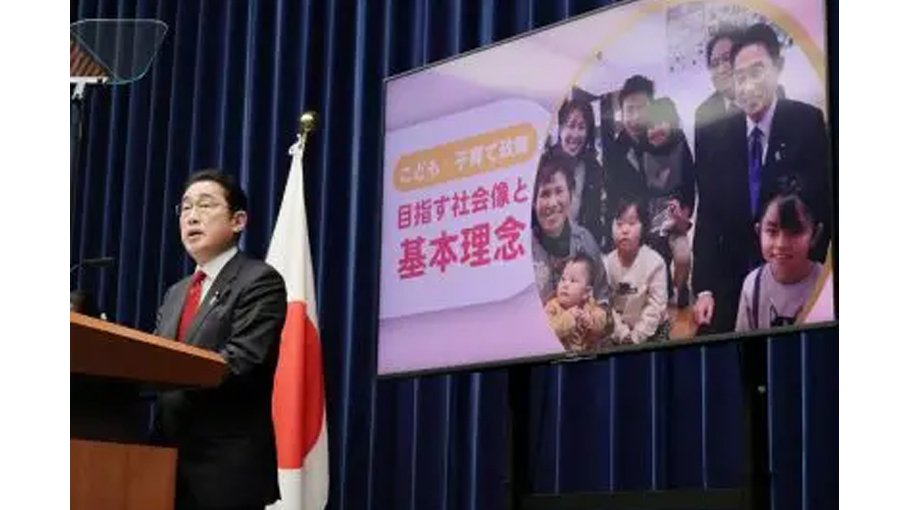Child welfare at the forefront of Japanese family law reform

Japan took another step towards family law reform on 29 August 2023 when a Ministry of Justice subcommittee published an outline recommending several changes to decades-old civil codes.
The Family Law Subcommittee of the Legislative Council was formed in March 2021 and has debated issues related to the interest of children after divorce, such as parental authority, adoption and the distribution of property. While it has met dozens of times before, the group’s August meeting garnered significant attention in Japan because of proposed changes to Article 818 in Japan’s Civil Code.
The Meiji government introduced Japan’s first Civil Code in 1898, granting parental authority exclusively to fathers regardless of marital status. Tokyo’s post-war government removed the patriarchal requirement in 1947 with Article 818, which states that custody is granted to only one parent after a divorce.
But this offered few remedies for children who lacked regular contact with their parents or faced issues related to child support payments. Policymakers sought to rectify this in 2012 with an amendment to Article 766(1) of the Civil Code, stating that the child’s interests must be given the highest priority in the consideration of these issues.
But it appears this change has done little to help Japanese children. For example, according to a national survey of single-parent households by the Japanese Ministry of Health, Labour and Welfare in 2022, only 30.1 per cent of children living with their mothers saw their fathers regularly and just 28.1 per cent received child support.
Today there is growing social concern in Japan for the welfare of children living in divorced households. Starting in August 2022, when the family law subcommittee released an interim draft for public comment, the ruling Liberal Democratic Party was concerned about the lack of clarity on the key principles of family law reform.
A key point of disagreement between subcommittee members was how or whether to grant shared custody after a divorce. Some insisted there was real risk in doing so, arguing that compulsory arrangements are likely to be harmful to mothers and children.
Others were unconvinced, leading the subcommittee to present two different options in an earlier proposal — allowing parents to choose either sole or joint parental authority.
Public comments were sought between December 2022 and February 2023 based on the second interim draft. The August 2023 outline for custodial reform is as follows — in cases of divorce by mutual consent, which accounts for approximately 90 per cent of divorces in Japan, couples can choose between joint or sole custody.
When two parents cannot agree on an arrangement, Japan’s Family Court can adjudicate. This same court receives and handles the legal proceedings for the divorce as well.
The proposal reflects a desire to update the Civil Code to enshrine legal protections for a child or children’s best interest after divorce while encouraging parents to reach an acceptable co-parenting arrangement rather than an extensive legal fight.
The latest subcommittee proposal also clarifies new rules for parental visitation and child support, allowing for a broader scope of acceptable conditions under which one or more parents may fulfil these requirements. This is intended to deal with the lack of any means to facilitate agreed visitations and the high rate of neglect of child support payments, suggesting both need to be legally reviewed in the future.
This issue extends beyond the scope of Japanese families and reflects a contemporary challenge for the Japanese Civil Code as it grapples with the legacy of normative family ideals. A more effective code should emphasise the interests of children in changing parent–child relationships due to remarriage or a new life with stepfamilies, as well as cross-border families.
Growing social debate on the merits of legal reform towards these ends suggests growing awareness from Japanese policymakers and the public alike that specific legal norms must be linked to broader and more effective policies.
The family law subcommittee and its proposed changes to custody, visitation and child support signal a recognition of changing family dynamics. While no reforms have been codified into law yet, they have triggered a broader conversation about the evolving needs and challenges families, and especially children, face in Japan.
Takeshi Hamano is Professor of Sociology at the University
of Kitakyushu.
Source: East Asia Forum


